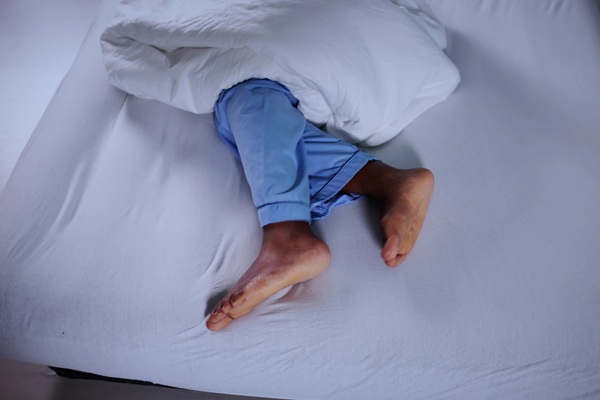Reasons to Consider TMS Therapy from a Psychiatrist

A generalist psychiatrist is a medical doctor who treats conditions across the full spectrum of mental health issues. Some psychiatrists specialize in the treatment of specific mental health problems.
Generalists and specialist psychiatrists are often the second line of patient care. This means that most patients only see psychiatrists after a recommendation from a physician or a psychologist. One of the treatments that a psychiatrist offers is TMS therapy. Read on to find out when the treatment becomes an option and a good idea.
A psychiatrist explains TMS therapy
A psychiatrist diagnoses mental health problems, checking to see if there is a physiological link to their patient’s condition. They prescribe treatments that could take the form of medication, psychotherapy, or procedures like transcranial magnetic stimulation (TMS).
TMS procedures involve stimulating the brain with magnetic pulses. These pulses travel through a TMS machine with a magnetic coil that sits on the scalp. The targeted magnetic fields induce small electrical pulses that stimulate specific nerve cells in the brain. In turn, these nerve cells produce chemicals that boost mood, dull the fear response, and perform other beneficial tasks.
These magnetic waves are generated by placing an electromagnetic coil on the patient’s head. The coil is repeatedly turned on and off, sending magnetic waves into the patient’s brain. The magnetic energy is converted into electrical charges once they reach the brain.
How TMS benefits patients
Brain stimulation treatments like TMS help patients who are unable or unwilling to pursue other treatment options. The procedures can also complement an ongoing treatment plan to improve its effectiveness. Here are some specific benefits of TMS therapy.
1. TMS is safe and non-invasive
TMS therapy is a brief outpatient procedure that takes anywhere from 20 to 40 minutes. The sessions are also painless, and patients remain awake the whole time. All the person needs is a pair of earmuffs to shut out the noise from the TMS machine. Side-effects from the procedure are few and mild. They may include:
- Slight tingling of the scalp
- Minor headache that only lasts a short while
- Lightheadedness
- Twitching of facial muscles
These symptoms should go away within a few minutes or a few hours. They should pretty much disappear with subsequent treatments.
2. The therapy can help with treatment-resistant depression
Some patients will continue to experience symptoms of depression even after medication and psychotherapy. TMS can deal with persistent symptoms and create an opening for other treatments to work. Psychiatrists will sometimes recommend TMS as a standalone treatment.
3. A possible alternative to medication
Medication can have side effects that a patient is unwilling to endure. This is where therapies like brain stimulation come in. A painless, non-invasive treatment like TMS can be an effective substitute for medication. TMS has few inherent side effects and none of the downsides of medication like antidepressants.
Take new steps towards your mental wellbeing
Our practice has a team that will take care of every aspect of your treatment. Find out more by contacting our New York office to book an appointment with our psychiatrist.
Request an appointment here: https://www.hopetmsofny.com or call Hope TMS and Neuropsychiatric Center at (646) 578-8152 for an appointment in our New York office.
Check out what others are saying about our services on Yelp: Psychiatrist in New York, NY.
Recent Posts
Restless leg syndrome can make evenings difficult by creating an urgent need to move the legs when the body tries to rest. Considering symptoms like crawling or pulling often intensify at night, sleep quality can drop, and daytime energy can follow. With the right support, many people can manage their symptoms and get a good…
PTSD syndrome can shape your daily experiences in significant ways, from your emotional balance to your physical health and personal stability. Symptoms of PTSD can become an invisible burden that affects your routine and interpersonal connections. While these symptoms vary from person to person, they can impact every corner of your life without the right…
Adult ADHD therapy supports individuals navigating challenges with focus, time management, and emotional regulation. While attention deficit hyperactivity disorder, or ADHD, is commonly diagnosed in childhood, its symptoms can persist into adulthood, often interfering with careers, relationships, and daily tasks. Professional therapy offers a structured approach to managing these difficulties and building long-term strategies for…
Transcranial magnetic stimulation, also known as TMS treatment, is an innovative and noninvasive therapy for several mental health conditions. By using magnetic fields to stimulate specific areas of the brain, TMS is an effective treatment for cases where traditional methods have provided little to no relief. It is important to know which mental disorders are…


